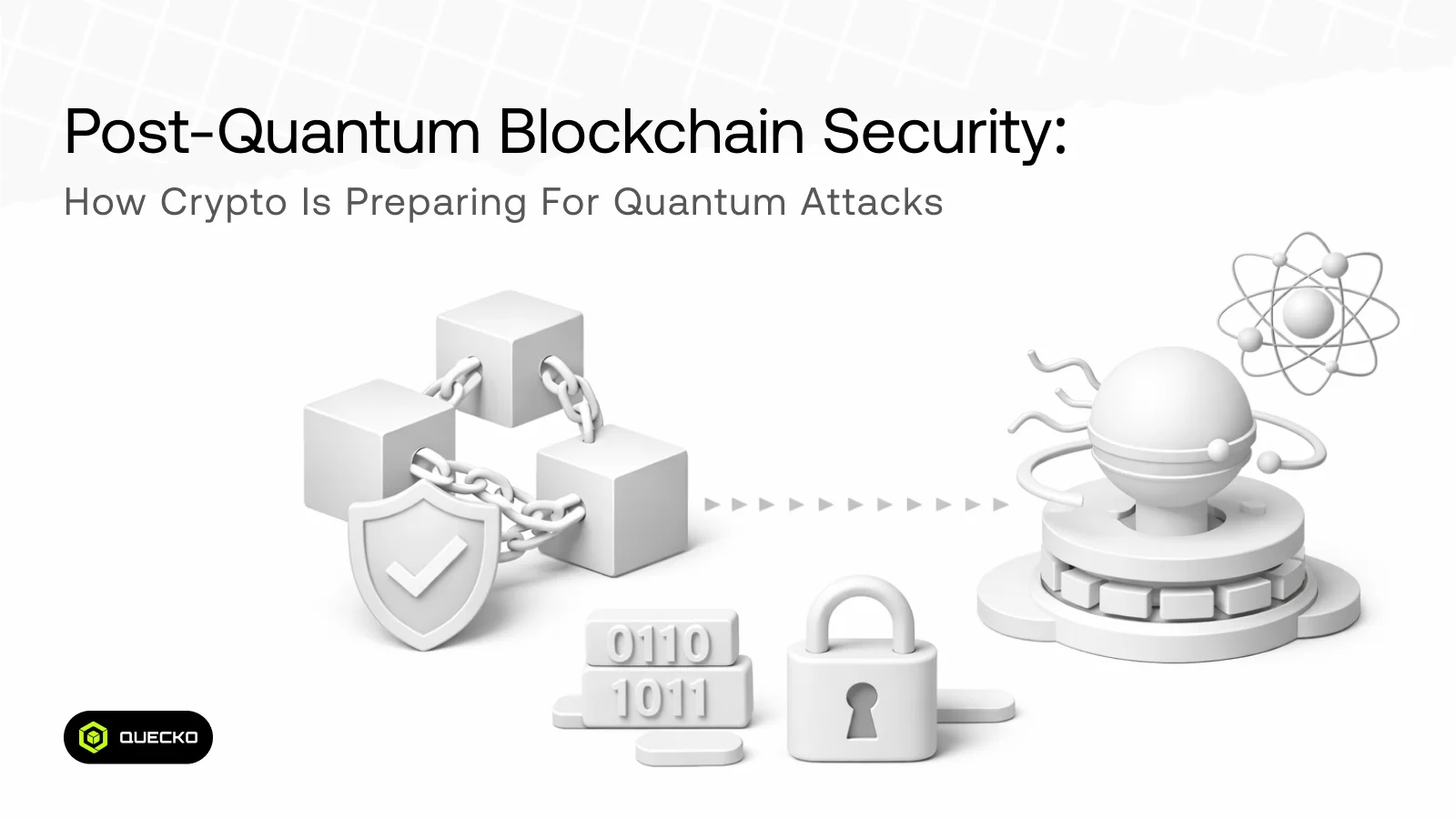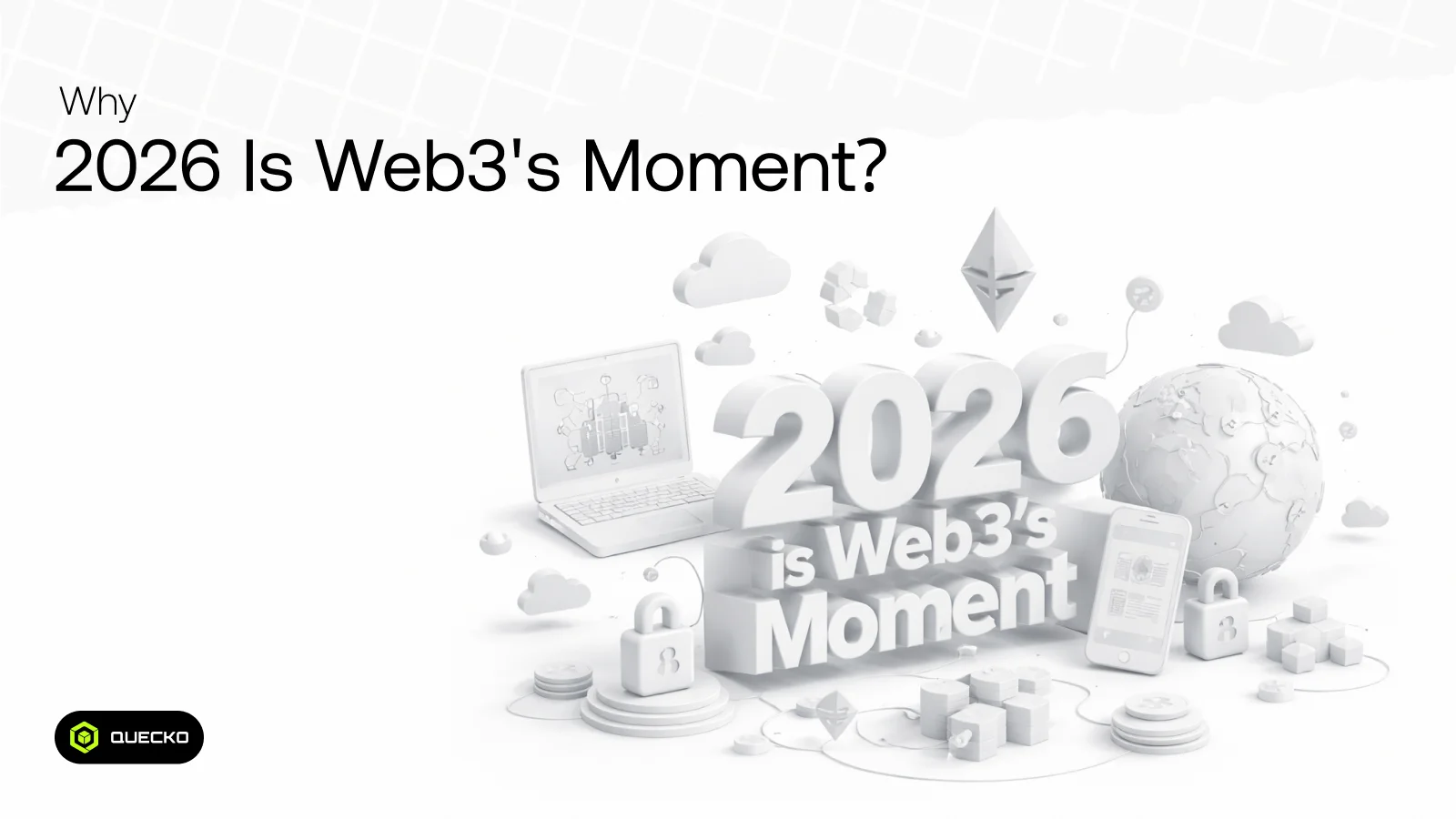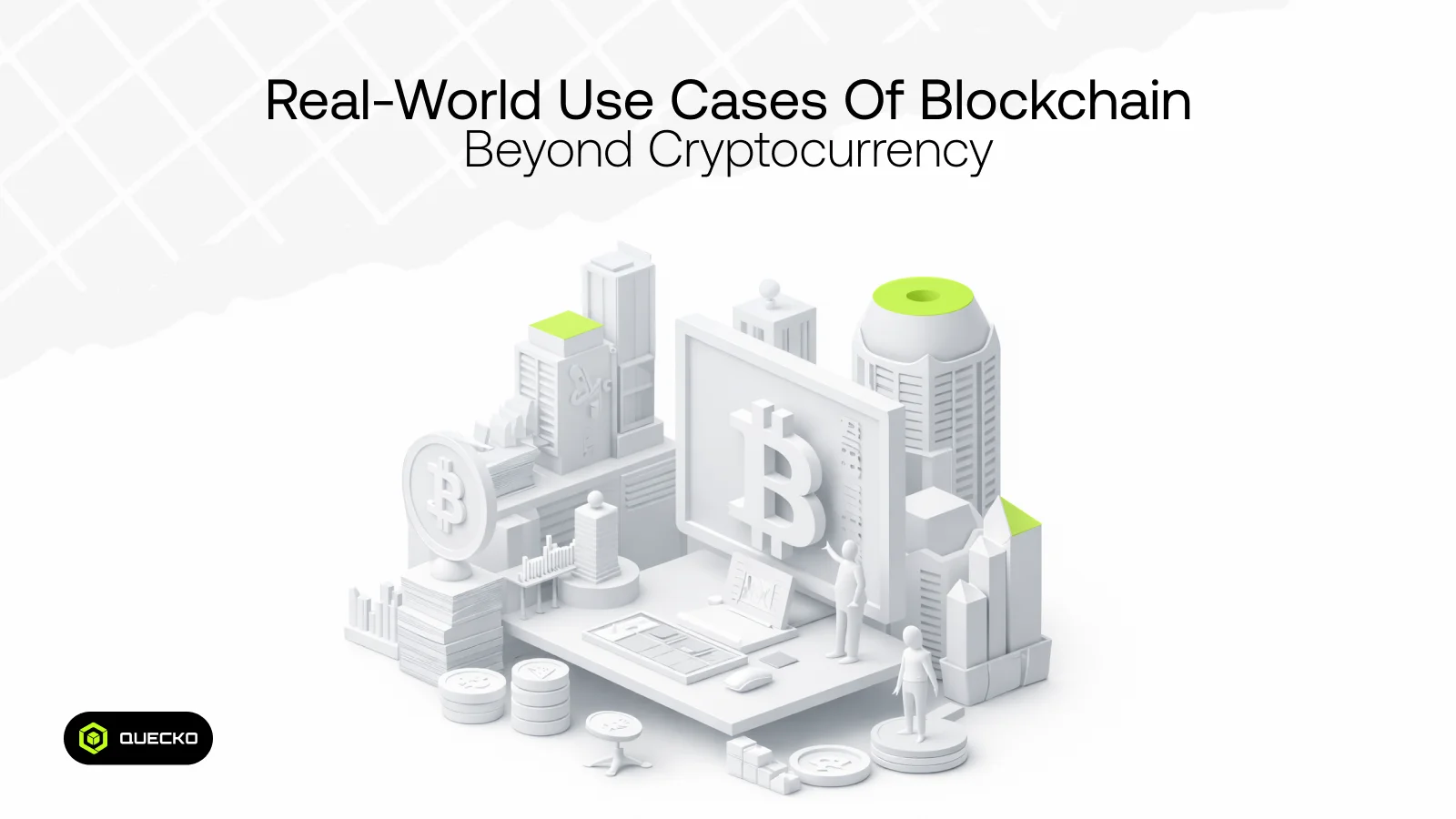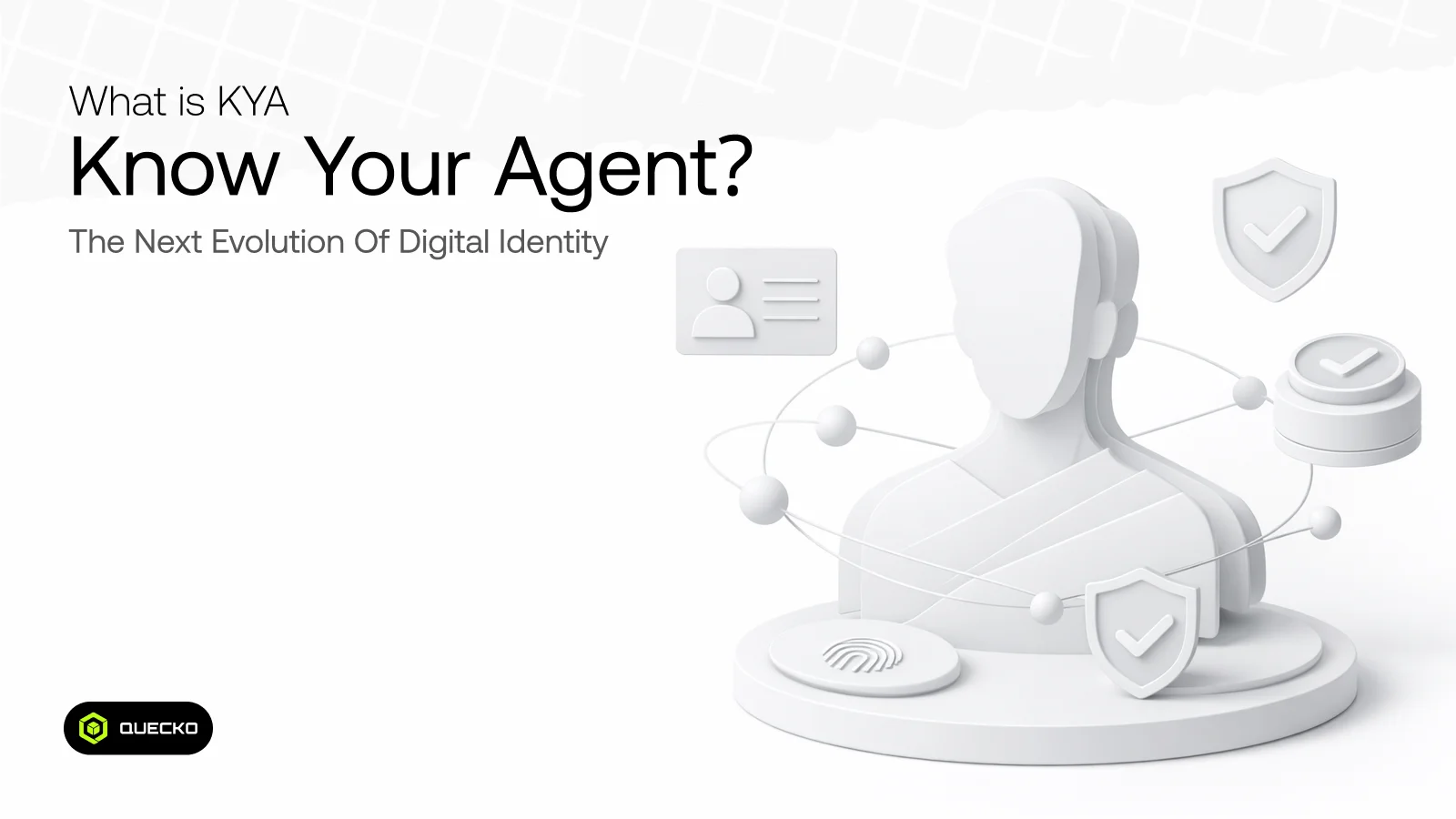Using NFTs for Brand Loyalty: The Next Big Marketing Shift
Discover how NFTs are transforming brand loyalty through exclusivity, digital ownership, and Web3 engagement, paving the way for future-ready marketing.

The modern, hyper-competitive market has taught brands that customer loyalty is one of the most valuable assets a brand can possess nowadays. But the classic loyalty schemes of points, discounts, and generic benefits are becoming less popular. Consumers now desire authenticity, exclusivity and more intimate relationships with the brands they prefer.
Add non-fungible tokens (NFTs). NFTs are not digital art or speculative collectibles anymore, as they were made on blockchain technology. They are becoming the foundation of a new generation of NFT-based loyalty programs, enabling brands to develop brand-specific digital ownership experiences that deepen brand loyalty, build online communities, and drive quantifiable customer engagement.
This blog explores how NFTs are redefining loyalty, examines why major brands such as Starbucks, Nike, and Louis Vuitton are adopting them, and outlines what marketers need to do to prepare for this next significant step.
The Fading Allure of Traditional Loyalty Programs
For decades, loyalty programs promised to keep customers engaged through points, vouchers, and discounts. While effective in the short term, these strategies are beginning to show signs of strain.
Consumers are bombarded with countless brand loyalty schemes; airlines, retailers, restaurants, and even air fresheners now offer programs. With little differentiation, these initiatives no longer create meaningful brand-consumer relationships. Instead, they’ve become transactional and uninspiring.
Inadequacies of Point Systems and Generic Rewards
Conventional point programs are not emotional. Customers are accustomed to feeling like they are pursuing numbers rather than a genuine relationship with the brand. Worst of all, the vast majority of points expire when customers are left unsatisfied and disengaged. These programs become ordinary and unexciting over time, and do not offer much of a difference from competitors. They work to deter brand equity, rather than promoting brand attitude, thereby weakening brand loyalty and decreasing the overall brand experience.
The Growing Demand for Deeper Brand Engagement
Discounts are no longer enough in the eyes of today’s customers. They are demanding customised experiences, genuine brand interactions, and access to dynamic brand communities that reflect their individual identities and values. The emerging consumer generation places importance on storytelling media, cultural relevance and co-creation opportunities with their favourite brands.
This is where NFTs come in; they provide brands with a platform to offer unique digital collectibles, exclusive access passes, and design interactive loyalty experiences using blockchain technology. NFTs will enable active engagement and participation of passive consumers in the evolving narrative of a brand by integrating elements of digital ownership and personalized utility.
The Digital Foundation of Future Loyalty
NFT platforms also allow brands to generate digital collectibles, loyalty passes, and NFT collections that can be owned, traded, and displayed by customers. In contrast to generic reward points, NFTs run on the digital registry of blockchain, which implies transparency, authenticity claims, and verifiable ownership.
What are Non-Fungible Tokens?
NFTs are unique digital tokens stored on the blockchain. Unlike cryptocurrencies, which are interchangeable, NFTs represent distinct items, such as digital art, virtual trading cards, or branded NFT collections. This uniqueness makes them ideal for loyalty systems where exclusivity is a key factor.
Core Principles
The value of NFTs stems from scarcity (limited supply), exclusivity (special access or perks), and verifiable ownership (proof recorded on the blockchain). These values render them effective tools for building brand identity, brand heritage, and brand symbolism.
Smart Contracts For Automating Rewards and Utility
The way that smart contracts enable the brand to automate rewards seamlessly. Users can unlock tiered rewards, achievement-based NFTs, or tokenized rewards using NFT rewards programs. An example of this is a coffee chain automatically offering exclusive phygital experiences, such as a high-quality coffee tasting experience associated with a virtual reality collectible.
NFTs as the “New Cookies”
With third-party cookies disappearing, brands face challenges in tracking consumer behaviour. NFTs emerge as the “new cookies”, privacy-respecting tools that allow explicit digital ownership instead of hidden surveillance.
From Implicit Tracking to Explicit Digital Ownership
Traditional tracking relies on social media platforms and Big Tech monitoring consumer activity. With NFTs, customers voluntarily share digital records by owning branded assets, giving brands clearer signals of loyalty. This shift transforms data collection from a covert process into an open, trust-based exchange between the brand and the consumer.
Empowering Brands with Actionable, Privacy-Respecting Insights
Brands can analyze consumer behaviour without violating privacy with the help of NFT loyalty program models. By not delving into the dark web of data, brands can also gain clear insights into who has their tokens, how they interact, and what custom experiences they should deliver. This enables firms to customize offerings accurately and still project a favourable brand attitude regarding privacy.
Building a Privacy-First Brand Ecosystem
Brands have the opportunity to create secure environments where consumers are in control of their information by utilising Web3 wallets. This will enhance brand-consumer relationships and foster trust, a key component in long-term customer retention. In the long term, it establishes the principles of a sustainable brand ecosystem within which loyalty is not harvested.
How NFTs Forge Deeper Brand Loyalty
Unlike point systems focused on short-term revenues, NFTs help brands build lasting brand communities and brand equity. They provide not only rewards but also immersive experiences that connect the physical and digital worlds.
Exclusive Access and Premium Utilities
Membership NFTs may enable access to product passes, premium services, or even real-world events. Consider immersive dining experiences related to limited-edition NFT menus or a sneaker brand providing early access to exclusive drops.
Fostering Vibrant Digital Communities
Brands have the opportunity to establish digital communities centred on NFT ownership, similar to the Bored Ape Yacht Club, which has successfully built a creator community. These societies build brand ecosystem connections and peer-to-peer promotion.
Gamification and Achievement-Based Rewards
Loyalty program engagement is improved with gamification components, including blind box NFTs, identity badges, or smart rewards. Brands generate continuous engagement instead of a single exchange by recompensing involvement.
Blending the Physical and Digital Worlds
NFTs link physical products with digital collectibles through QR codes, provenance tracking (like ingredient batch provenance), and authenticity claims. This fusion creates an experiential connection, a deeper sense of place that enhances brand storytelling.
Brands Pioneering NFT Loyalty
Several global players are already experimenting with NFT-powered loyalty programs, offering real-world proof of concept.
Starbucks Odyssey
Starbucks introduced Starbucks Odyssey, an on-chain loyalty program that blends storytelling with NFT rewards. Customers earn “stamps” (NFTs) that unlock experiences and perks, creating an engaging brand extension.
Nike and Adidas
Sportswear giants are blending gaming companies, virtual gear, and metaverse spaces to enhance their brand positioning. These digital collectibles not only drive sales but also extend brand presence into new cultural spaces.
Luxury & Lifestyle Brands
Luxury houses like Louis Vuitton and D&G NFTs leverage exclusivity and brand heritage to create premium NFT campaigns. These reinforce identity, attract high-value customers, and deepen brand equity.
NBA Top Shot
Dapper Labs revolutionized sports fandom with NBA Top Shot, a platform where fans collect, trade, and showcase digital collectibles. It proved how NFT trading can drive community passion and generate massive NFT revenues.
Crafting Your NFT Loyalty Strategy
For brands considering entry into the NFT space, success requires careful planning and execution.
Defining Your Goals and Value Proposition
Be explicit about whether you are using your NFT program to engage with the brand, position the brand, or improve customer retention. Explain the way NFTs reinforce your brand. Having a value proposition means that your NFT campaign is an integral part of your larger brand ecosystem, rather than a temporary gimmick.
Choosing Your Blockchain and NFT Model
Test networks such as the Polygon blockchain in terms of scalability and sustainability. Select a dynamic NFT, royalty NFT, or membership NFT, based on your brand ecosystem. The correct infrastructure choice has a direct effect on NFT revenues, user experience, and the sustainability of the program.
The “Don’t Call it NFT” Communication Approach
Consumers might not understand technical jargon. Instead of terms related to blockchain, focus on the benefits, such as exclusive access, digital collectibles, or even membership passes. Placing the program in the language they know will improve attitude towards the brand and will assist in mainstream adoption.
Streamlining User Onboarding with Web3 Wallets
Adoption issues persist, and the use of Web3 wallets, QR codes, and blockchain-based programs can help reduce friction. A seamless onboarding reduces the barrier to entry and, as a result, allows customers who are not well-versed in Web 3.0 technologies to join.
Building Sustainable Utility and Community Engagement
Continuous value is the secret to a long life. Add gamification aspects, community-based perks, and frequent updates to maintain excitement and interest. A rapidly growing online community with joint ownership can support brand equity and peer-to-peer promotion.
Challenges in Using NFTs for Loyalty
The NFT loyalty programs are not easy to adopt. The fact that Web3 wallets and the onboarding process are still largely unknown to many customers can be a barrier to the adoption of these new technologies. Some blockchains also have environmental issues, which can be addressed on a sustainability level; however, blockchains like Polygon offer more environmentally friendly options. There is an additional complexity of security risks, whether it is protecting or defending digital assets or avert fraud. Lastly, brands need to balance campaign scale, making NFTs rare enough to create exclusivity, while also accommodating scalability as the brand grows.
It is by anticipating these obstacles that companies can create loyalty programs that are flexible, sustainable, and competitive in the quickly changing digital context by collaborating with Web3 professionals.
The Future of Brand Loyalty in Web3
The future of loyalty lies in the realms of Web 3.0, augmented reality, and virtual reality. NFTs will evolve to become both physical and virtual brand experiences, serving as a token of trust and authenticity.
Brands that are proactive and adopt NFT loyalty programs will not only retain customers but also turn them into brand ambassadors. Brands that reinvent loyalty as a collective experience of digital ownership, narrative, and community engagement will be able to establish a sustained presence in the future digital economy.
Date
6 months agoShare on
Related Blogs

Post-Quantum Blockchain Security: How Crypto Is Preparing for Quantum
4 days ago

Why 2026 Is Web3’s Moment?
5 days ago

Real-World Use Cases of Blockchain Beyond Cryptocurrency
5 days ago

What is KYA (Know Your Agent)? The Next Evolution of Digital Identity
7 days ago








